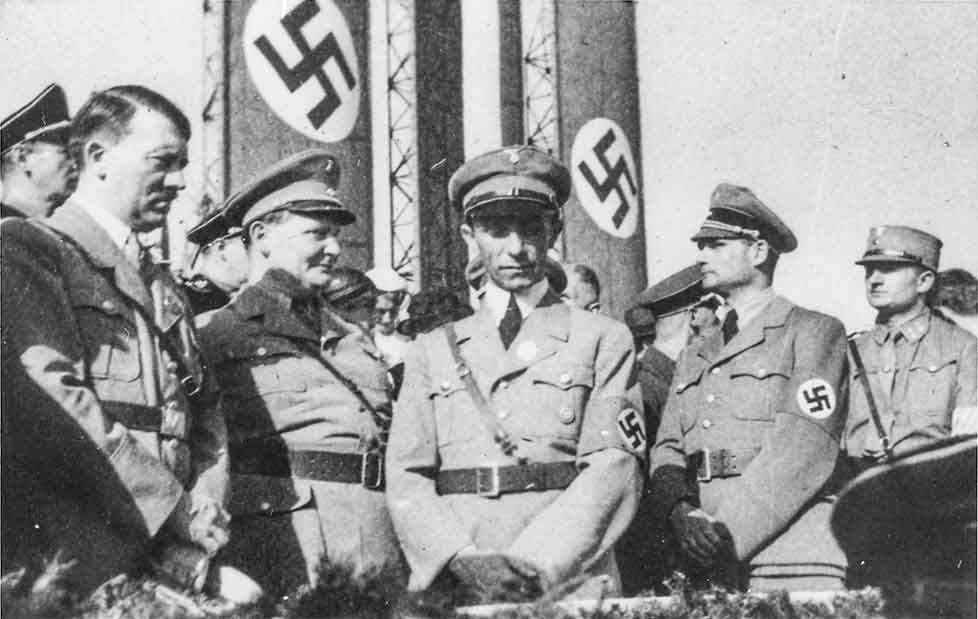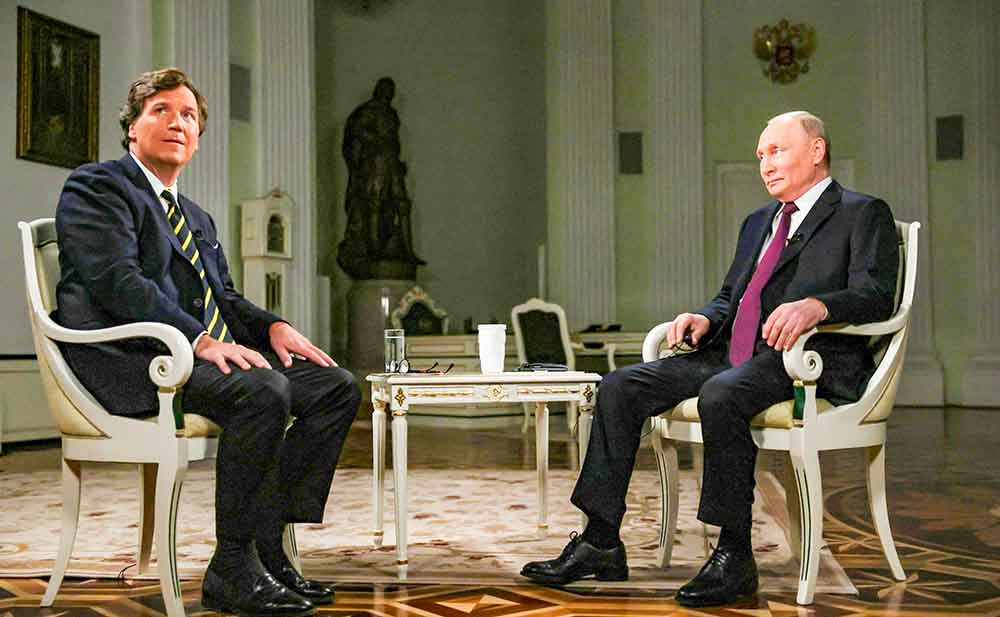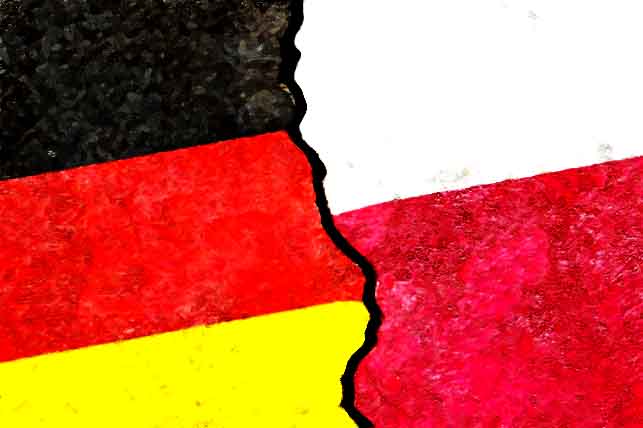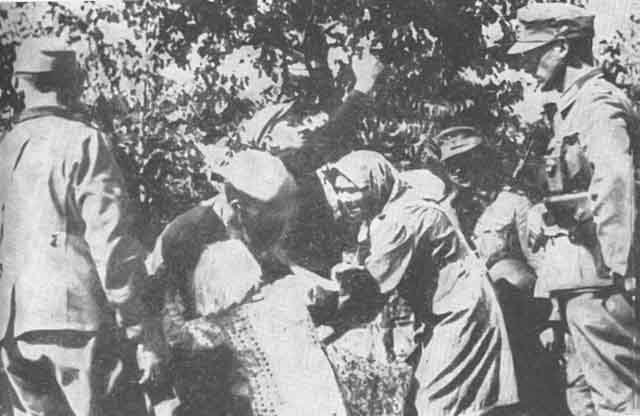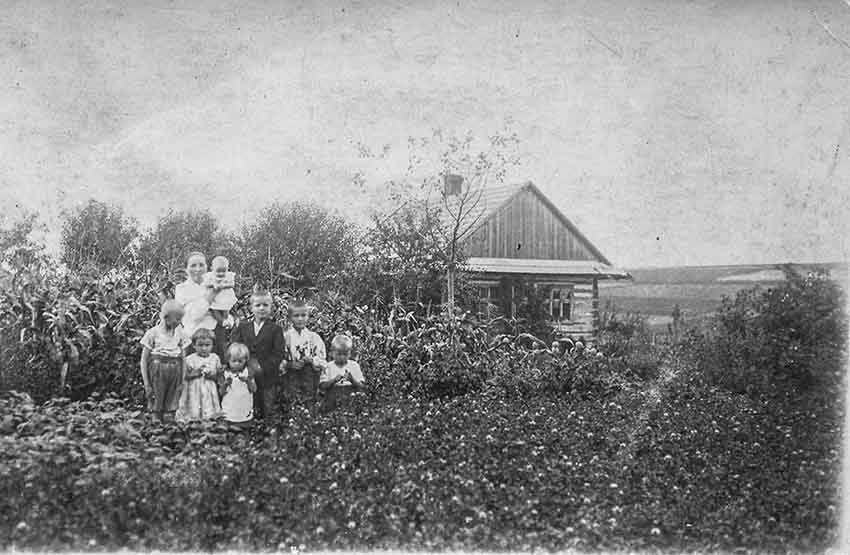What happened on September 1, 1939? For a Pole, this question sounds quite bizarre. Almost every Polish child will answer that Germany invaded Poland at that time. He or she will answer thus, perhaps not yet being able to read school textbooks, because the memory of this tragedy and its consequences is still alive in the vast majority of Polish families. For visitors to the House of European History in Brussels, the answer to this question will not be simple. This date will certainly not catch their eye in the flood of information about the bad Middle Ages, the good Karl Marx, Franco-German reconciliation, and the bright future of Europe under the rule of Berlin and Paris. For the sake of a peaceful future, Europeans must forget about the past. Accounts of wrongs are pushed into oblivion.
Of course, constant wound scratching does not promote a peaceful future. The problem is who wants to forget and what, and even how they want to shape the European collective memory. There is no morally neutral history, just as there is no morally neutral politics, and the politics of memory is still ubiquitous, if only in the form of attempting to obliterate the traces of the past. It can be said that the more clearly this obliterating is visible, the more these traces turn into wounds that fester. After the imposition of martial law in Poland in December 1981, the communists promoted "national reconciliation". In the context of mass arrests and the suspension of the remnants of civil rights, it was difficult to call this program anything other than "reconciliation of the whip with the back", and it is hardly surprising that millions of Poles did not agree to such "reconciliation". In the long run, this is how German-Polish reconciliation begins to look like.
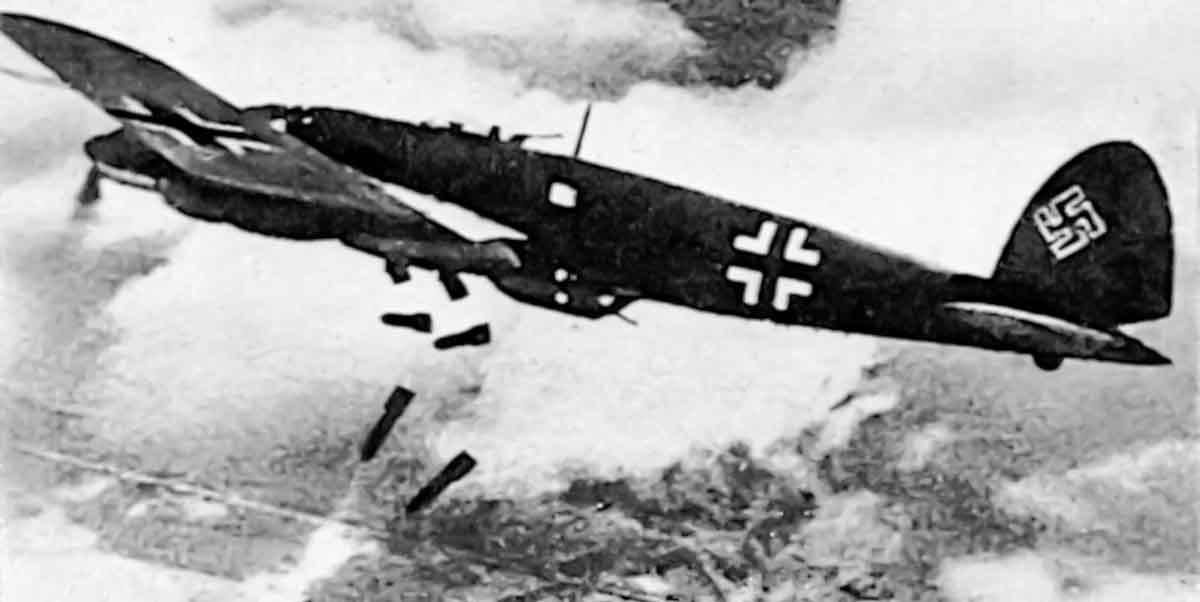
German Heinkel He-111 bombing Warsaw, September 1939. (Source: Bundesarchiv/Wikipedia)
Polish-German relations have been going on for over a thousand years, with varying degrees of success. There were better times during this period, and there were also worse ones, and the positive elements of the influence of German culture in the history of Poland should not be forgotten. However, there were also dramatically bad years. It is enough to recall the partitions of the Polish-Lithuanian Commonwealth at the end of the 18th century, the Kulturkampf, Hakata's actions, the hostility of the Weimar Republic to Poland reborn after 1918, and finally the long-term consequences of the German invasion of September 1, 1939 and the genocidal policy of the German Third Reich towards the Polish population. Had it not been for the German invasion, there would have been no Soviet invasion of September 17, 1939, and ultimately no Polish defeat in the victors' camp, or Poland being controlled after 1945 by the USSR and Sovietized for 45 years.
After 1990, the unifying Germany was already a superpower, while Poland, ruined by communism, was treated as a victim of fate, rather than of a sinister history. Polish-German "reconciliation" looked promising, as did the peace signs of Chancellor Helmut Kohl and Prime Minister Tadeusz Mazowiecki in Krzyżowa. United Germany supported Poland's ambitions for EU and NATO membership, taking advantage of the opening of the Polish economy to German goods and investments. However, it was increasingly recognized in Berlin that there was no longer any need to worry about the past in mutual relations. The signal of a new attitude towards Poland came with the activity of Mrs. Eryka Steinbach and the resettlement landsman associations, tolerated by the government that moved from Bonn to Berlin. More and more Poles rubbed their eyes in astonishment at the German claims for compensation for lands lost after the war, as if those who were making these claims had forgotten what the reasons for the border changes in 1945 were. In the German mass media, the responsibility of the "Nazis" was promoted, as if Germany was ruled by aliens in the years 1933-1945, mentions of Polish victims of the Third Reich were avoided, and even mentions were made of Polish collaborators, who were exceptionally few on Polish soil. The pinnacle of insolence was a film financed with German state money which mentions Our mothers, our fathers, in which the heroic Home Army, fighting for Poland's independence, is presented as a handful of gloomy anti-Semites.
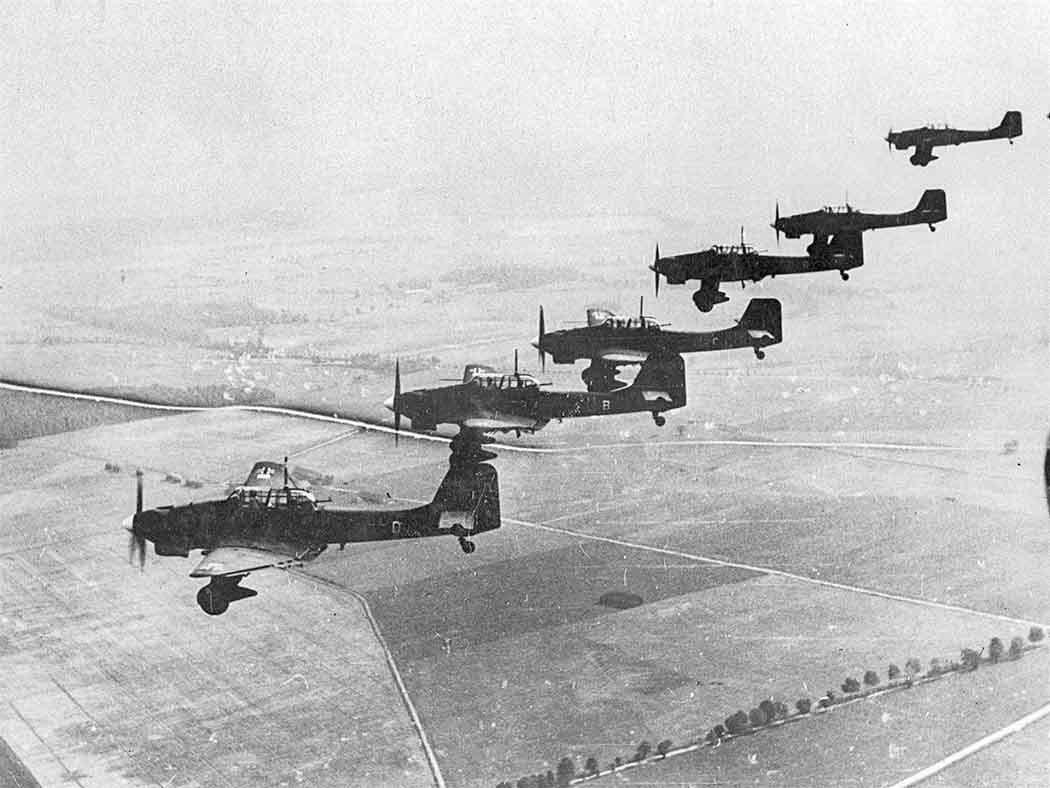
Squadron of Junkers Ju-87 "Stuka" over Poland, September 1939. (Source: Bundesarchiv/Wikipedia)
Today, Germany is trying to deal cards in Europe. They are the largest economy, but they also claim the right to teach democracy to their recent victims and to interfere in the political life of Poland. However, one can ask - since today's German authorities celebrate the end of World War II as the day of liberation from Nazism - why did the Germans fall into this nightmare and why were they unable to free themselves from it? Is remembering 1945 the best occasion to celebrate the supremacy of German democracy? Was the easiest way to introduce democracy in Poland or Ukraine to become dependent on gas and oil supplies from Russia, and thus finance Russian armaments?
Polish-German reconciliation has stalled and it is not the fault of the Polish side. For years, the German side did not take any action to commemorate the Polish victims of the Third Reich. There were commemorations of Jews, Roma, and even homosexuals, only the Polish victims have not waited long enough for such an act. Recently, there have been signs of readiness to take some action in this direction, but suddenly, at the beginning of June, the German Minister of Culture Claudia Roth came to Poland unexpectedly with an offer to create a German-Polish House as a place of "debate" about the "thousand-year history of Polish-German relations” instead of erecting a monument to Polish victims.
In order to remove this shadow, Germans today must really rethink their attitude towards Poland. The bill for the monstrous losses that Poland suffered as a result of the aggression of September 1, 1939, cannot be unilaterally erased by them as expired. It is not the culprit who determines the extent of the harm it has done. The Polish account is not too excessive anyway, and it is documented all too well.
Translation from Polish by Andrew Woźniewicz.





